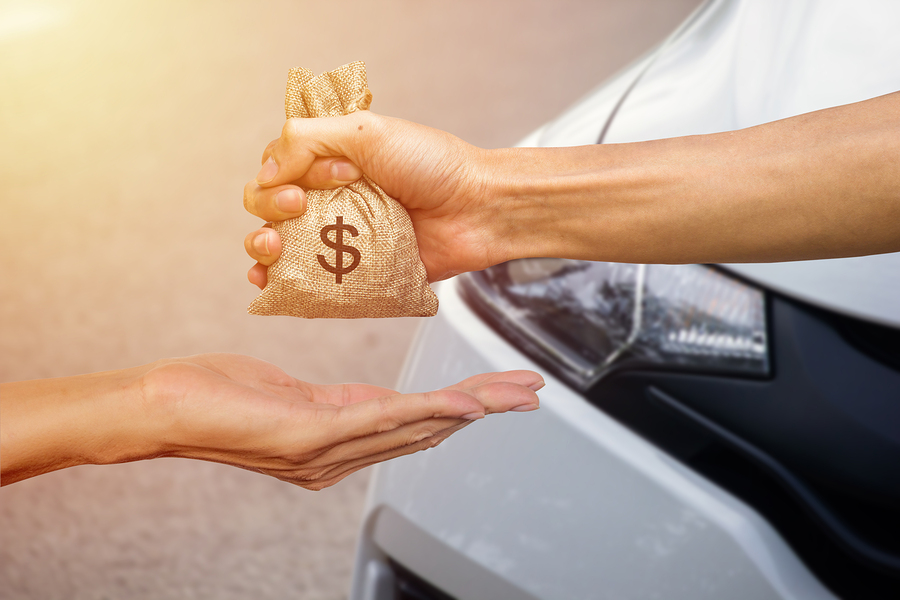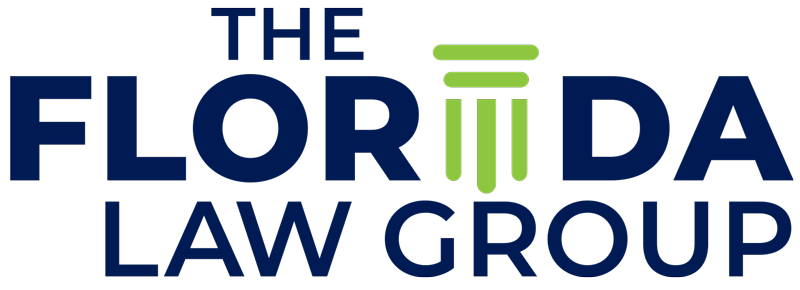In Pursuit of Justice: Types of Compensation for Car Accident Claims

Using cars is so commonplace that most people rarely consider that anytime they get into a car, they are at risk for an accident and injuries. According to data from the National Highway Safety Traffic Administration (NHSTA), Florida reported the third highest number of traffic fatalities of any state in the nation in 2018, just behind Texas and California. Just in Hillsborough County during the first three months of 2019, 3,248 people were in automobile accidents and there were 52 fatalities.
Following an Auto Accident
Victims of motor vehicle accidents have options when it comes to recovering their financial losses and injuries. Compensation may come from:
- Settlement from the victim’s own insurance carrier
- Settlement from the other party’s insurance company
- Settlement from the other party
- Judgment from a lawsuit
Florida Is a No-Fault Insurance State
Under Florida law, the cost of an accident is generally covered by the injured party’s own Personal Injury Protection (PIP) insurance policy. Florida residents are required to carry a PIP minimum of:
- $10,000 in liability insurance
- $10,000 in property damage insurance
The limits of PIP benefits are set by statute. They include:
- 80 percent of expenses for necessary medical, surgical, X-ray, dental, and rehabilitative services, including prosthetic devices and medically necessary ambulance, hospital, and nursing services
- 60 percent of any loss of gross income and loss of earning capacity per individual from the inability to work proximately caused by the injury sustained by the injured person
- Death benefits of $5,000 per individual. Death benefits are in addition to the medical and disability benefits provided under the insurance policy
The Potential for Punitive Damages
If you have suffered a personal injury in an accident because of the reckless, willful, or malicious actions of another person or company, it may be possible to recover punitive damages in addition to compensatory damages. While punitive damages are rarely awarded, they may apply if:
- Someone died as a direct result of the accident
- The driver was driving under the influence of alcohol or drugs
- The driver was speeding
- The driver was committing a crime or fleeing from a crime when they caused the accident
- The driver was knowingly operating an unsafe vehicle
- The company that owned the vehicle did not properly maintain the vehicle
Compensatory Damages
An accident victim may be able to recover financial compensation for their economic and non-economic damages, including but not limited to:
- Medical expenses
- Lost wages
- Loss of future earning capacity
- Pain and suffering
- Loss of enjoyment of life
- Physical disability
- Disfigurement
- Loss of companionship
- Emotional distress
- Property damage
- Transportation expenses
Non-economic damages such as physical and emotional pain and suffering are common following a car accident. Emotional distress can produce debilitating symptoms such as:
- Anxiety
- Fearfulness and worrying
- Irritability
- Hyperactivity
- Fatigue
- Depression
- Sleep disturbances
- Confusion
Under Florida law, car accident victims may pursue compensation for pain and suffering if their injuries resulted in:
- Significant permanent loss of function
- Permanent injury
- Disfigurement or permanent scars
- Death
If you have been injured, speak with an experienced Florida car accident attorney as soon as possible. They can review your case, evaluate your potential claims, and determine if you may be entitled to compensation for your pain and suffering.
How Much Compensation Is Possible
There are no set rules determining the amount of financial compensation a victim may receive, but some of the factors that may contribute to a settlement or judgment include:
- Actual cost of past medical treatment
- Projected cost of future medical care
- Testimony of expert medical witnesses
- The victim’s demographics, including age, education, and profession
- Amount of income lost during recovery
- Whether the injuries affected future earning capacity
- Permanence and severity of the injuries
- If the injuries affected the victim’s relationship with a spouse or partner; and
- Limitations on daily activities
To ascribe value to projected losses, juries are influenced by:
- Impact statements. A statement in the victim’s own words, detailing how the injury has changed their personal and professional life.
- Changes in professional capacity.A document from the victim’s employer attesting to their pre-accident abilities and capabilities may be contrasted with the victim’s current capacity to return to the same or similar work.
- Economic forecast reports. Made by an expert, such reports address the future value of the victim’s income loss.
Obstacles to Compensation
The laws of comparative negligence are intended to fairly balance liability for all parties involved in an accident. However, regardless of the facts, insurance carriers and their defense attorneys will typically try to establish some comparative fault on the part of the injured plaintiff in an attempt to mitigate their own financial responsibility. More often than not, comparative fault is employed as a manipulative tool to shift blame and reduce the just compensation for the injured party.
Insurance claims adjusters are specifically trained and instructed to undervalue or deny personal injury claims. They are skilled at confusing and intimidating accident victims in an attempt to elicit a comment that can be used as an admission of partial guilt, and may use a victim’s vulnerability to their own advantage.
Common tactics of an insurance company defending against charges of negligence include:
- Misrepresenting policy provisions
- Offering a smaller settlement amount than a claim is worth
- Deliberately stalling their investigation; and
- Delaying payment.
If you hire a car accident lawyer, your communications with the insurance companies and the responsible driver’s lawyer will be handled on your behalf. Having your own representative can help to guard against intimidation and an unfair settlement.
Preserve and Protect Your Rights
Every case is different, with its own unique set of facts. Although most motor vehicle accident cases do not end up in the courtroom, the experienced lawyers at The Florida Law Group are prepared to negotiate when possible and litigate when necessary. Our attorneys are tenacious advocates, and fight for the best possible outcomes in every case.
Physical and emotional recovery after a collision can be a slow process, and financial recovery can be complex and frustrating. The legal team at The Florida Law Group will explore all possible avenues for recovery including:
- PIP insurers
- The other driver’s insurance carrier
- Jury trial, if necessary or appropriate
If you were injured in a car accident, contact The Florida Law Group today at (813) 463-8880 or online to schedule a free consultation and learn if we may be able to help you.


